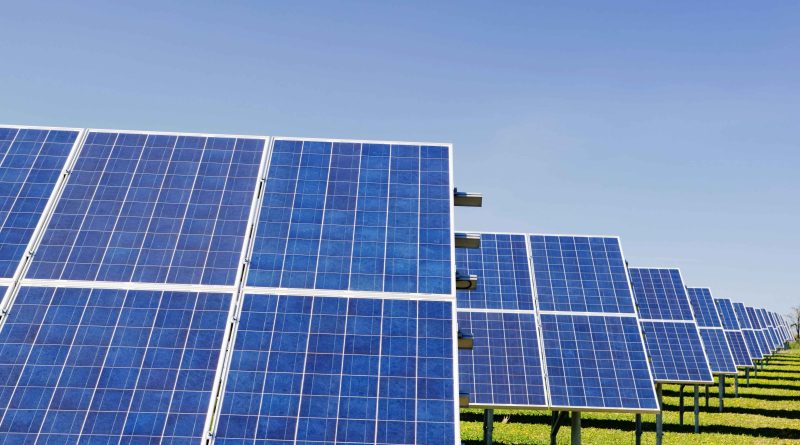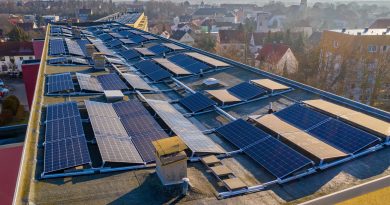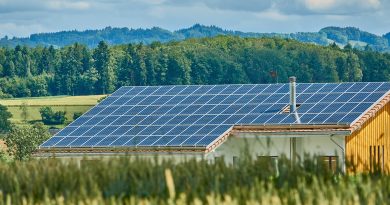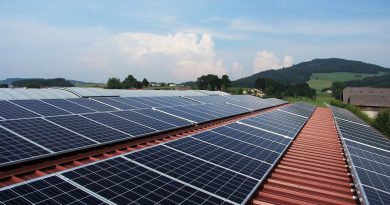Help the Environment: Solar Installation Guide
Introduction
In recent years, the importance of taking care of our environment has become increasingly evident. With concerns over global warming and the depletion of non-renewable energy sources, more and more people are looking for ways to reduce their carbon footprint and help the environment. One effective solution to this problem is the installation of a solar power system. By harnessing the power of the sun, solar energy can provide a clean and renewable source of electricity. In this article, we will explore the benefits of installing a solar power system and how it can help to protect our environment.
The Advantages of Solar Power
One of the key advantages of solar power is its ability to generate electricity without polluting the environment. Unlike traditional forms of energy generation, such as fossil fuels, solar energy does not produce harmful greenhouse gas emissions. This means that by using solar power, we can significantly reduce our carbon footprint and contribute to the fight against global warming.
Another advantage of installing a solar power system is that it provides a reliable and independent source of electricity. While traditional energy sources are subject to price fluctuations and availability issues, solar energy is abundant and free. By tapping into this abundant resource, homeowners and businesses can reduce their dependence on the grid and protect themselves from rising energy costs.
How Solar Power Works
Solar power systems work by harnessing the energy from the sun and converting it into electricity. The process begins with the placement of solar panels on a roof or in an open area that receives direct sunlight. These panels are made up of photovoltaic cells that absorb the sunlight and convert it into direct current (DC) electricity. An inverter is then used to convert the DC electricity into alternating current (AC) electricity, which is the type of electricity used in homes and businesses.
The electricity generated by the solar panels can be used to power appliances and devices directly. Any excess electricity can be stored in batteries or fed back into the grid for later use. This is known as net metering and allows homeowners to earn credits for the excess electricity they generate. Overall, solar power systems provide a clean and efficient way to generate electricity for both residential and commercial purposes.
The Environmental Benefits of Solar Power
Installing a solar power system brings a multitude of environmental benefits. As previously mentioned, solar energy does not produce any harmful emissions that contribute to global warming. By transitioning to solar power, we can significantly reduce the amount of greenhouse gases released into the atmosphere, helping to combat climate change and its detrimental effects.
Additionally, the use of solar power reduces our reliance on non-renewable energy sources such as coal, oil, and natural gas. These fossil fuels are not only harmful to the environment but also finite resources that will eventually run out. By shifting to solar energy, we can preserve these valuable resources for future generations and ensure a sustainable future.
Furthermore, solar energy production requires very little water compared to other forms of energy generation. Traditional power plants consume vast amounts of water for cooling and steam generation. By contrast, solar power systems do not need water for their operation. This aspect is particularly crucial in regions facing water scarcity issues, as solar energy can provide a viable alternative without exacerbating water stress.
The Economic Benefits of Solar Power
Aside from the environmental advantages, installing a solar power system can also bring significant economic benefits. One of the most notable benefits is the potential for cost savings on electricity bills. By generating your electricity through solar power, you can reduce or even eliminate your reliance on the grid, resulting in lower monthly utility bills. Over time, the savings can be substantial and help to offset the initial investment of installing the solar power system.
Furthermore, many governments and utility companies offer incentives and rebates for installing solar power systems. These financial incentives can help to reduce the overall cost and make going solar even more financially attractive. Some regions also allow homeowners to sell excess electricity back to the grid, creating an additional income stream.
Additionally, installing a solar power system can increase the value of your property. Studies have shown that homes equipped with solar panels tend to sell at a premium compared to homes without solar installations. This means that not only can you enjoy the benefits of solar power while living in your home, but you can also reap financial rewards if you decide to sell your property in the future.
Conclusion
Installing a solar power system is not only a smart financial decision but also a proactive step towards helping the environment. By harnessing the power of the sun, we can reduce our carbon footprint, preserve finite resources, and combat climate change. The environmental benefits of solar power are significant, as it produces clean energy without harmful emissions and requires minimal water consumption.
Moreover, there are economic advantages to going solar, including cost savings on electricity bills and potential financial incentives. The increased value of properties with solar installations further highlights the financial benefits of investing in solar energy.
Therefore, if you are looking for an effective way to help the environment and save money in the long run, consider installing a solar power system. By doing so, you will contribute to a greener, more sustainable future for generations to come.




